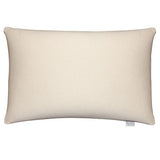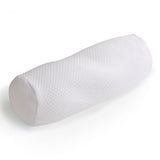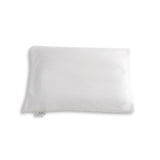12 Tips for Getting Better Sleep
Since 1978, I have been coaching my clients on improving their sleep. I am L. John Mason, Ph.D. and founder of the Stress Education Center. In this blog, I offer 12 tips for getting the sleep you require and deserve.
- Create your own bedtime ritual for preparing for sleep. Use a regular bedtime and allow as much time for sleep as you require. Some clients will take a warm bath or shower to relax before heading for bed. Other people may read calming books or articles that do not stimulate too much thinking. TV news is NOT ideal before sleep for most people.
- Avoid stimulants like caffeine. Many people find that even one cup of coffee in the morning can affect their sleep at night. Be aware of how much caffeine you use and when you consume it.
- Limit your bed activities to sleep and sex, so you do not get into the habit of being awake in bed. Even though TV, reading, work, and telephone calls are possible activities, these may not help your bedtime sleeping.
- Avoid eating big meals or drinking alcohol late in your day for these can reduce your ability to get quality sleep.
- Create a calm, safe, dark, warm and quiet space to sleep. Avoid unnecessary stimulation. Use sleep and eye masks like Bucky's Sleep Eye Mask, Eye Shades with ear plugs or 40 Blinks of Sleep to block out light and sound,
- If your mind is racing and filled with clutter, consider making a list or using a journal so you don't need to keep all this information in your head.
- Eat a healthy diet.
- Get regular exercise but not too close to bedtime.
- Avoid using sleeping pills regularly.
- Avoid naps, if you are having difficulty sleeping at bedtime.
- Consider using relaxation techniques especially ones that will aid in muscular relaxation and in slowing down your mind.
- Allergies can effect sleep. Ensure your bedding and pillows are hypoallergenic. Consider natural fill bed pillows such as those sold by Bucky!



Please take good care of yourself and get enough good quality sleep.



